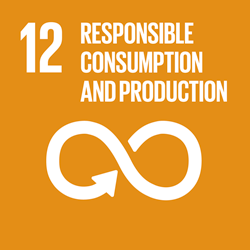Technological watch
Macronutrient Applications and Irrigation Regimes Impact Weed Dynamics and Weed Seedbank Augmentation in Solanum melongena L. Fields
Weeds are a major yield-limiting factor bedeviling eggplant (Solanum melongena L.) production in Russia. This study aimed to determine the influence of macronutrient rates and drip irrigation regimes on weed flora composition and potential soil contamination by weed seedbanks in the eggplant field. Three field experiments were conducted during the 2019–2021 cropping calendar. Two-factorial field experiments were designed in four blocks whereby the composition of weed flora in eggplants was examined under the influence of different macronutrient rates (40 tons manure and N140P30, 40 tons manure and N320P120K210, and control without fertilization), and three thresholds of pre-irrigation soil moisture % least moisture capacity (LMC) (in particular, 70, 80 and 90% LMC). The results demonstrated that nutrient rates contributed to a significant increase in weed density of 27.1 to 37.6%, due to an increase in the number of annual weeds (annual winter weeds and annual early spring weeds), and an increase in soil moisture threshold from 70 to 90%. Nevertheless, low moisture availability between the rows as a result of drip irrigation utilization led to a decrease in weed populations by 10.8 to 15.9%. Potential contamination of the arable soil layer with weed seed was desirably decreased, ranging from 19.8 to 21.7% with the application of fertilizers, compared with the control. Furthermore, the soil weed seedbank was considerably reduced by an increase in the pre-irrigation threshold of soil moisture.
Publication date: 21/12/2022
Author: Meisam Zargar
Reference: doi: 10.3390/agriculture13010022






